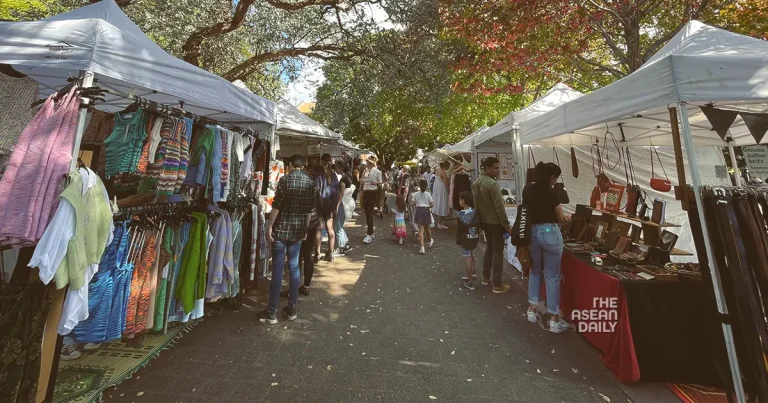29-9-2023 (SINGAPORE) A woman involved in selling counterfeit branded goods, which she acquired from e-commerce platforms like Taobao, and operating makeshift stalls has been sentenced to six weeks in jail. The defendant, Huynh Kiet Binh, a 41-year-old Vietnamese national, pleaded guilty to two counts of having counterfeit goods for sale under the Trade Marks Act, with an additional five charges considered.
According to the court proceedings, Binh lived with her Singaporean husband and initiated her business of selling clothing at makeshift stalls in May 2022. She personally managed all aspects of her enterprise, sourcing counterfeit branded goods from e-commerce platforms, including Taobao and QQ. These items were purchased from suppliers based in China and Vietnam, which she imported into Singapore for resale.
Unlike a traditional retail store, Binh did not operate from a fixed location; she moved her stall based on available sales spaces. She rented selling spaces for fees ranging from S$80 (approximately US$59) to S$120 and typically operated her stall four days a week. To store her merchandise, she rented a movable storage cage for about S$600 per week. Her weekly revenue was approximately S$1,600, with a net profit of around S$600.
On the morning of May 19 this year, officers from the Intellectual Property Rights branch of the Criminal Investigation Department conducted a police operation at Block 154, Bukit Batok Street 11. Binh was found operating a makeshift stall outside a unit at the location. Upon inspection, officers discovered that she was selling clothing bearing the trademarks of various brands, including Adidas, Nike, Puma, Under Armour, Guess, Levi’s, Champion, Chanel, and Tommy Hilfiger, in addition to non-branded clothing.
During the operation, Binh was arrested, and her stall was searched. More than 800 pieces of counterfeit branded clothing were seized. Representatives from the respective brand owners confirmed that these goods had been manufactured without their consent, constituting an infringement of their registered trademarks.
During sentencing, the prosecution sought a jail term of eight to ten weeks, citing Binh’s persistence in selling counterfeit clothes for a year until her apprehension. They noted that her use of makeshift stalls instead of a permanent shop did not diminish the enduring nature of her enterprise. Despite this, the prosecution described her operation as “modest,” generating just S$2,400 in monthly profit.
For each count of possessing counterfeit branded goods for sale, Binh could have faced a maximum prison term of up to five years, a fine of up to S$100,000 (depending on the number of infringing items), or both.




